
Spaceflight has long been known to take a toll on the human body, with health impacts first observed in the earliest astronauts of the 1960s. As missions extended in duration, particularly aboard the International Space Station (ISS), scientists discovered more concerning long-term health effects. So, let’s take a look at 10 side effects that have been observed over the years.
Bone Density Loss

Astronauts experience significant bone density loss due to prolonged exposure to microgravity. In space, they can lose approximately 1% to 1.5% of their bone mass each month, especially in weight-bearing bones like the femur and spine. While resistance exercises in space and vitamin supplements help slow the process, complete recovery can take years, and some astronauts never regain full bone strength.
Muscle Atrophy

Without gravity, muscles in the legs, back, and core weaken significantly because they no longer support body weight. Astronauts lose a considerable percentage of their muscle mass in a few weeks. Atrophy affects mobility and overall strength, temporarily weakening astronauts and making them more prone to injury. Rigorous exercises may reduce this effect but can’t prevent it.
Telomere Lengthening
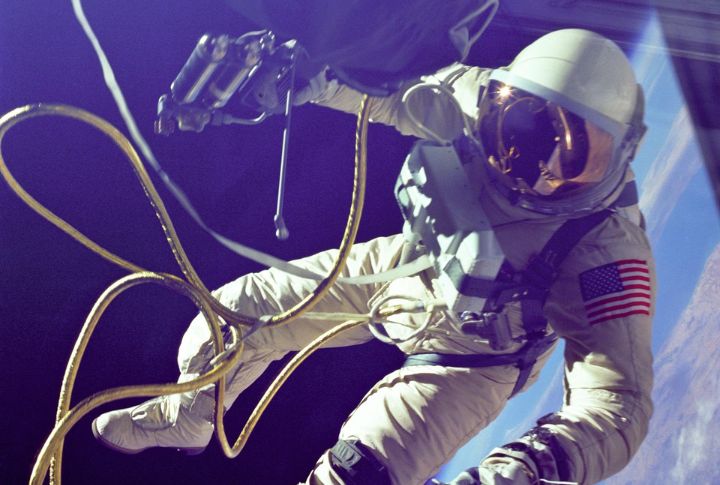
Telomere Lengthening in astronauts during spaceflight is a complex phenomenon observed in missions. While telomeres—protective chromosome caps—temporarily elongate in microgravity, this effect reverses rapidly post-flight, often leaving astronauts with shorter telomeres than pre-mission. Although longer telomeres are linked to youth, abnormal elongation could heighten cancer risks due to genomic instability from DNA damage and chromosomal inversions.
Vision Problems

Many astronauts develop Spaceflight-Associated Neuro-ocular Syndrome (SANS), which causes vision impairment due to shifts in body fluid. Increased intracranial pressure affects the shape of the eyeball, leading to farsightedness and optic nerve swelling. Some astronauts also report blurry eyesight and difficulty focusing on objects. These vision issues may not fully reverse after their return to Earth.
Radiation Exposure And Cancer Risk
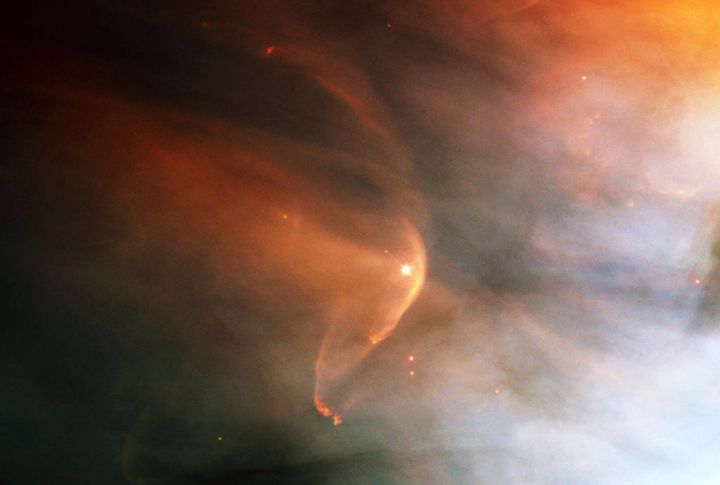
Astronauts in space are exposed to cosmic radiation levels far higher than on Earth. This radiation increases their lifetime cancer risk and can damage DNA, leading to leukemia. On Earth, the atmosphere and magnetic field provide sufficient protection. However, in space, astronauts rely on spacecraft shielding, which is only partially effective.
Brain Structural Changes
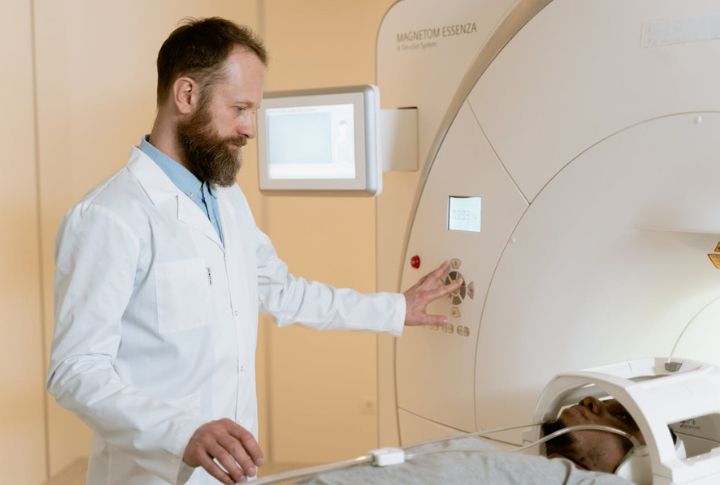
MRI studies reveal that long-duration spaceflight can cause the brain to shift within the skull due to fluid redistribution. This shift leads to cognitive issues, including memory impairment, slower reaction times, and difficulty concentrating. Some astronauts report lasting neurological effects, such as headaches and dizziness, even months after returning to Earth.
Immune System Suppression
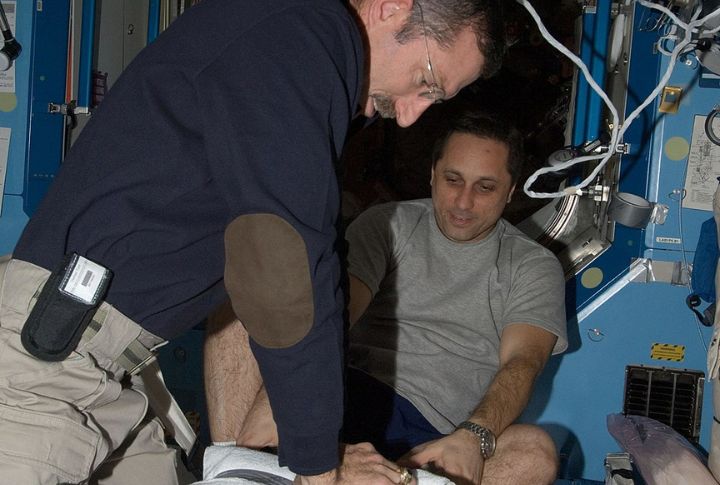
Space travel weakens the immune system, making astronauts more susceptible to infections and illnesses. In microgravity, white blood cell function is impaired, reducing the body’s ability to fight viruses and bacteria. Reactivation of dormant viruses, like herpes and Epstein-Barr, has also been observed. This weakened immunity persists for weeks after astronauts return.
Psychological And Mental Health Challenges

Astronauts face extreme isolation during long missions, and this may lead to mental health issues like depression and sleep disorders. The lack of everyday social interactions and the high-pressure environment can contribute to mood swings and emotional distress. Sleep disturbances, caused by altered light cycles and stress, further impact cognitive performance and emotional well-being.
Gastrointestinal And Microbiome Changes
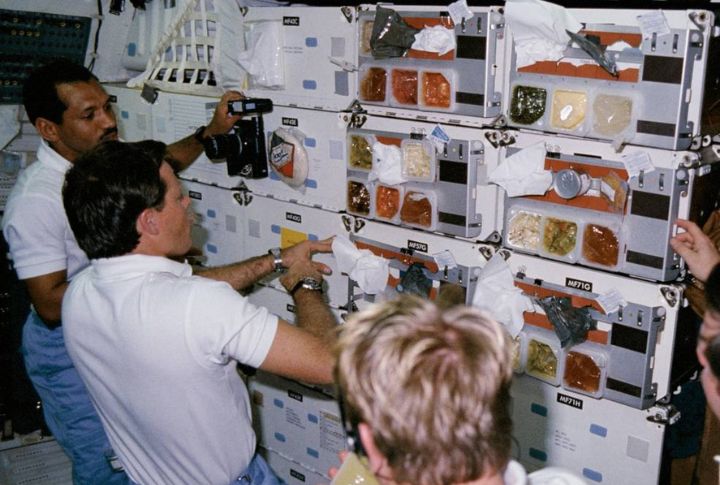
Space travel alters gut microbiota composition, which in turn affects digestion, metabolism, and overall health. Most times, astronauts’ gut bacteria shift in space, leading to increased inflammation and digestive issues. These changes can weaken the immune system, contribute to nutrient absorption problems, and even affect mental health through the gut-brain connection.
Increased Risk Of Kidney Stones
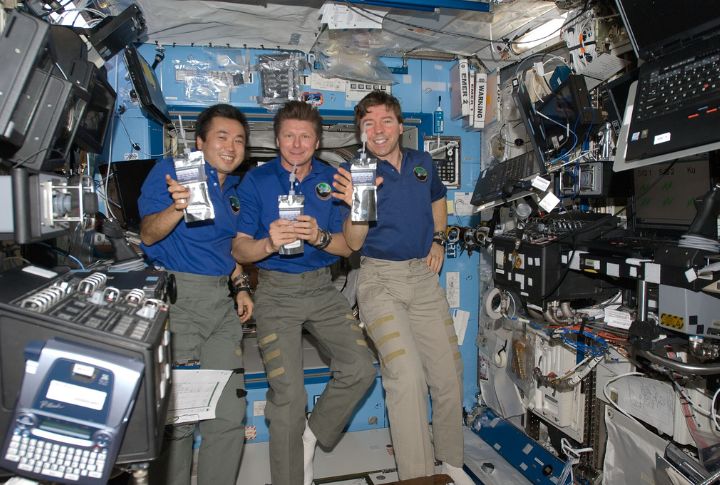
Due to dehydration, altered calcium metabolism, and reduced physical activity, astronauts have a higher risk of developing kidney stones. Microgravity causes excessive calcium loss from bones, which can accumulate in the kidneys and form painful stones. Dehydration, common in space due to fluid redistribution, further exacerbates the problem by concentrating minerals in the urine.

